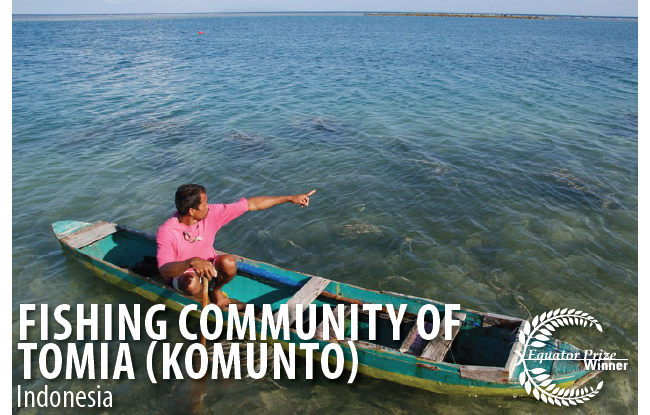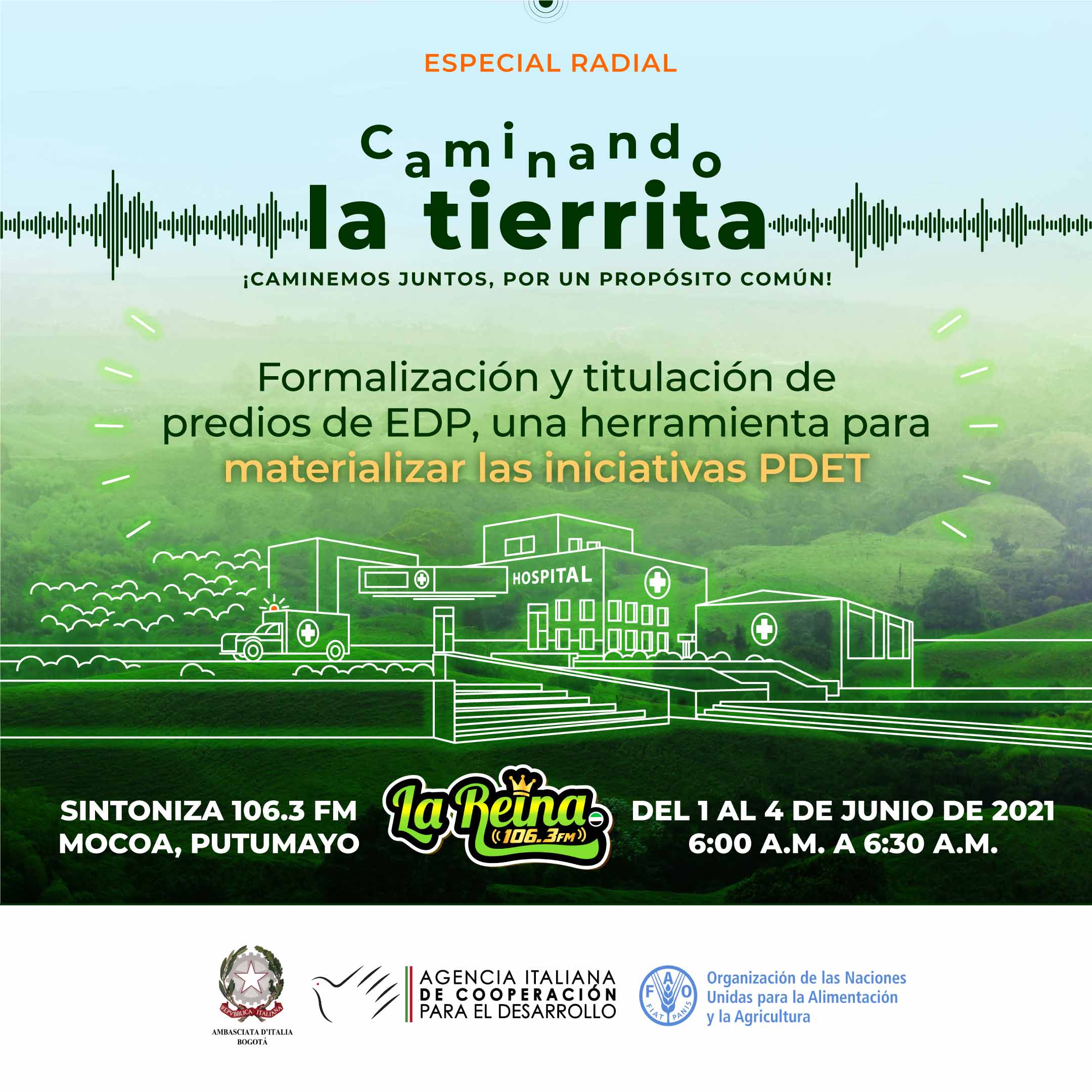Rangelands: Participatory rangeland resource mapping as a valuable tool for village land use planning in Tanzania
The Sustainable Rangeland Management Project (SRMP) aims at securing land and resource rights of pastoralists, agro-pastoralists and crop farmers, while improving land management by supporting village and district land use planning and rangeland management in Kiteto, Bahi, Chamwino and Kondoa Districts in Tanzania. More broadly, it aims at influencing policy formulation and implementation on these issues.





